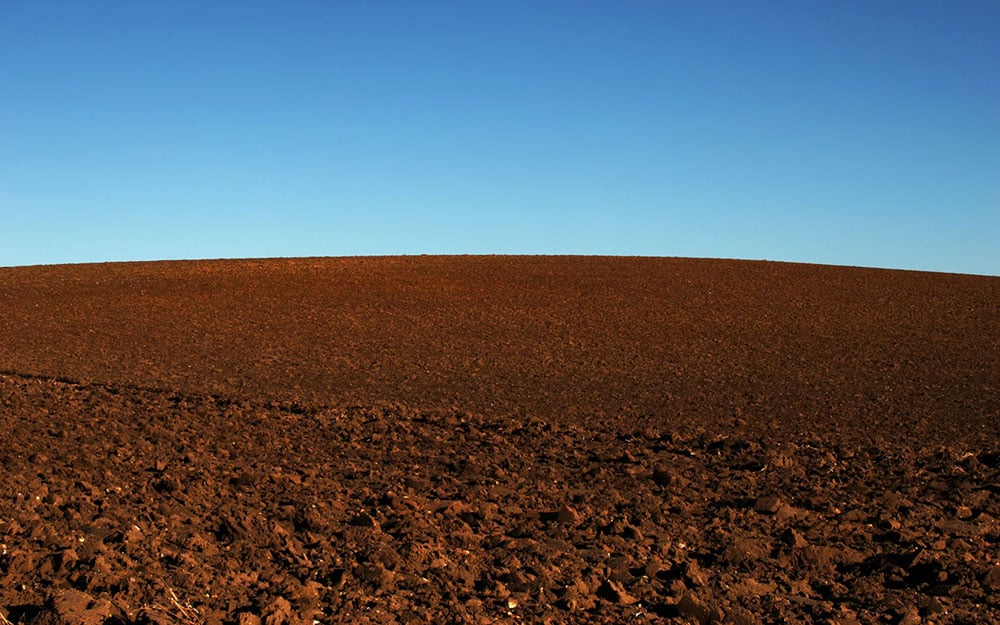Planet EARTH
A look at the origins, meaning and usage of the place name "EARTH". For word definitions see WordChecker belowBackground
Earth is one of the eight planets in our solar system, the place where we all live. It is the third planet from the Sun, at a distance of 149 million kilometres, and the fourth-smallest in the solar system (diameter 12,756 km). Earth is a “terrestrial planet” — that is, it is made of rock, unlike some planets that are made of gas or ice. It is the only planet known to support life.
Pronunciation: /ɜː(r)θ/
Origins, meaning and usage of the name
Earth is the only one of the eight planets that is not named after a Greek or Roman deity. Instead, our name for Earth comes from the Old English word eorthe meaning soil — the stuff beneath our feet — formed from the rock our planet is composed of. This Old English word was first seen before 725. Later, in about 1400, the word’s use was extended to mean the whole planet.
Our planet can be written as earth or Earth. (Although both versions are used quite freely, the one without a capital E has, perhaps, become more popular in recent years.) Also, there is no fixed rule as to whether or not to use the word the before it, so the following are all possible: earth, Earth, the earth, the Earth. The direct adjective from Earth is earthly or Earthly, as in: The Earthly atmosphere is about 300 miles thick. But the adjective terrestrial is more commonly used, as in: Water is liquid at normal terrestrial temperatures. Earthian can also be used, but only rarely, in science fiction and academic writing, as an adjective for things of the Earth. We usually refer to people living on Earth as humans, humankind or simply people. Other possible words are terrestrials and, mostly in science fiction, earthlings or even Earthians.

Above: The earth or soil that gave its name to planet Earth (Photo: Aline Monica)
Example sentences:
- The earth goes round the sun.
- God's will be done on Earth as it is in Heaven.
Above: This NASA video gives us a tour of planet Earth from 400km up. The time-lapse sequences were photographed from the International Space Station by the Expedition 30 crew and set to the song Walking in the Air by Howard Blake.
We’re walking in the air
We’re floating in the moonlit sky
The people far below are sleeping as we fly
I’m holding very tight
I’m riding in the midnight blue
I’m finding I can fly so high above with you
Far across the world
The villages go by like dreams
The rivers and the hills, the forests and the streams
Children gaze open mouthed
Taken by surprise
Nobody down below believes their eyes
We’re surfing in the air
We’re swimming in the frozen sky
We’re drifting over icy mountains floating by
Suddenly swooping low
On an ocean deep
Rousing up a mighty monster from his sleep
We’re walking in the air
We’re dancing in the midnight sky
And everyone who sees us greets us as we fly
solar system (noun): our sun and the eight planets (and other bodies) that go around it
naked eye (noun): unassisted vision; the eye without help from a telescope
Roman (adjective, also noun): relating to the ancient civilization that was based on Rome, Italy some 2000 years ago
deity (noun): a god or goddess, for example in Roman mythology